Circular Economy is More Than Sustainability — Akihiro Yasui Explains Why Adopting it Helps Businesses.
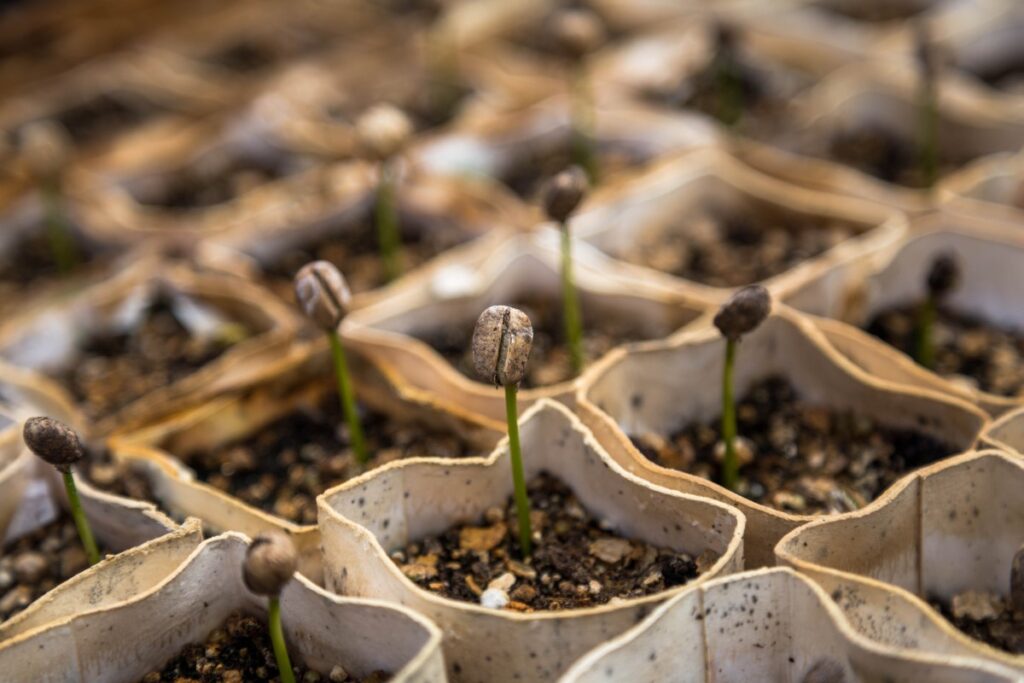
Are you environmentally conscious? “Reduce, Reuse, Recycle” is a concept from a time when mass production and mass consumption were mainstream. Today, “Circular Economy” which implements environmentally friendly systems is becoming the new standard.
Circular economies are becoming widely known for introducing waste-less systems into business models and policies, thereby reducing environmental impacts, increasing economic effects, and creating jobs. They are also accelerating the transition from fossil fuels to renewable energy.
“We can start circular economies today.” Says Akihiro Yasui, a researcher of circular economies and representative of Circular Initiatives & Partners. His organization was located in the Netherlands, a country which has undertaken many advanced projects.
We asked him about the basic concepts of circular economies, how they differ from sustainability, and the projects being implemented in the Netherlands.
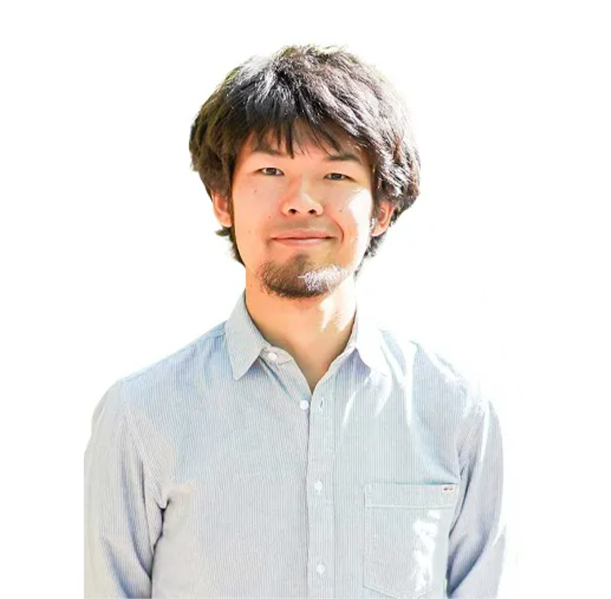
―Akihiro Yasui
Born in 1988. From Nerima Ward, Tokyo. Graduated from the Sustainability, Society and the Environment graduate program at the University of Kiel in Germany. Representative of Circular Initiatives & Partners. Circular economy researcher living in Kyoto. Also active as a sustainable business consultant and film creator. Lecturer at Nikkei Business School & ETIC’s 2019 “New Business & Entrepreneur Training Course for the SDG Era: Building Sustainable Cities through Resource Circulation”. Author of “Implementing Circular Economies: Exploring Business Models in the Netherlands” (Gakugei Publishing). In 2021, his spreading of the theory and implementation of circular economies throughout Japan earned him The Outstanding Young Persons 2021 Primer Minister’s Honorable Mention Award (Grand Prize).
From the Advanced Circular Economies of the Netherlands to Kyoto
WORK MILL:Mr. Yasui, please start by telling me about your work history and current activities.
Yasui: I have an organization called Circular Initiatives & Partners where I research circular economies and act as a sustainable business advisor. I provide support to public agencies, local governments, and private companies to help them create business models and policies which can continually use traditional “waste” as a resource.
Previously, I lived in Amsterdam in the Netherlands, a country with advanced circular economies, but in March 2021 I returned to Japan, where I now make Kyoto my base of operations.
WORK MILL:Why did you move from the Netherlands to Kyoto?
Yasui: I’ve always been interested in Kyoto, as it actually closely resembles Amsterdam in five ways. First, it has few chain stores and many unique, privately owned shops.
Second, it has a compact downtown with all sorts of shops and city functions gathered within bicycle range. Third, there are rivers running through the city.
According to developers, it is easier to open privately owned shops along rivers compared to chain stores . Fourth, both cities have famous universities, which bring an influx of youth and rejuvenate the cities.
And last but certainly not least, many of its residents love Kyoto. Amsterdam also has many residents who love their city. Cities which have many residents with attachments to the region are attractive. Additionally, while living in Europe I wanted to learn more about Japan’s traditions and culture, which is another reason I wanted to live in Kansai, which has Kyoto and Nara.
WORK MILL:Amsterdam and Kyoto certainly do have many points in common. Does this mean that they also have similarities relating to circular economies and environmental care?
Yasui: Kyoto has many unique, privately owned shops and is actively undertaking many environmental initiatives, such as reducing its garbage output. It has all the elements needed to become a city with an advanced circular economy, just like Amsterdam.
Also, several stores which sell products by weight have opened in Kyoto in recent years and are doing remarkably well.
At stores which sell by weight, you can buy only the amount you need, which allows you to reduce food waste. You can also use reusable containers, thereby reducing the amount of plastic waste produced; they’re very practical stores.
Over the last decade, such stores have exploded onto the scene in Europe, with more than 300 in France and more than 50 in Germany. “Little Plant Pantry” opened in Amsterdam in 2019, and I have been there many times.
Kyoto has “Totoya”, “ZeroWaste Kyoto”, and other stores which sell by weight. These stores also carry locally produced food products, making them good ways of promoting local production and consumption.
It is not an either-or choice between existing supermarkets and stores which sell by weight; they are both unique retailers within the community, making the locale a comfortable place to live overall.
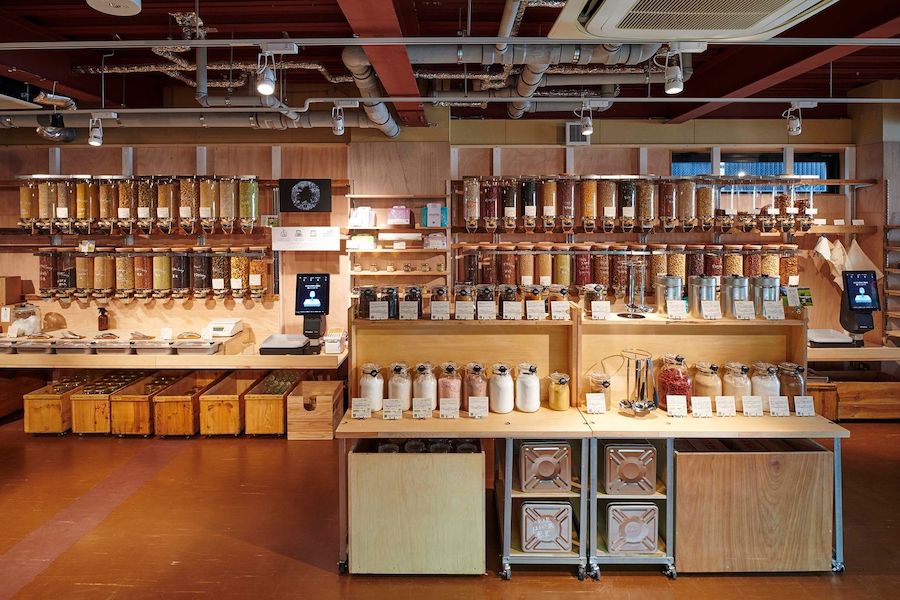
Circular Economies are “Structured” to Produce No Waste
WORK MILL: What is a circular economy in the first place?
Yasui: A circular economy is a new economic model which both reduces environmental impact and increases economic effects. It does so by introducing mechanisms at the stage when business models and policies are formulated to continually use resources without outputting them as waste. Its primary characteristic is that it is “structured” so that resources are used semi-permanently without producing waste.
WORK MILL:How is a circular economy different from the Three R’s: Reduce, Reuse, Recycle, which have been touted in the past?
Yasui: The Three R’s are a value system from the traditional “linear economy”. In such an economy, businesses and policies were predicated on the ultimate production of waste as resources were mined, fabricated, and disposed of. The Three R’s reused resources in order to treat the symptom of waste.
Conversely, a circular economy is like preventive medicine. It is characterized by the introduction of systems which prevent the production of waste right from the start, when new business models are being built. One example would be a product which is not sold but leased to the user, on the condition that it will be returned to the company.
This leads to remarkable, unprecedented business models and product designs for products which can be repaired or broken down by the company once they are returned by the customer.
For example, microplastics which have been washed out to sea or waste PET bottles are being recycled or upcycled and reborn as new products.
Because this is a symptomatic therapy approach for dealing with products which were created on the assumption that they would be used for a short time and then become waste, it can be said to be closer to a linear economy.
In a circular economy, such as MUD Jeans, which are the first jeans in the world to be offered on a monthly payment system, after the product is sent to the customer and then returned, it can be repaired for reuse. Alternatively, once the product is no longer usable, it can be made into materials by the company, remanufactured, and offered to the user once again. They have created a business model which produces no waste.
WORK MILL:What are the different value systems given importance under linear and circular economies?
Yasui: With linear economies, the focus is predominantly on (economic) Profit, and most of these economies in modern society are structured with a disproportionate emphasis placed on short-term economic profits.
Conversely, with circular economies, the emphasis is placed on the Three P’s, with People (happiness) and Planet (environment) being added to Profit.
The Three P’s have an interdependent relationship with an emphasis on balance, so that if a model tips too far toward any one of them it ceases to function properly. On a related note, traditional investing practices have recently been revised, and there is a growing opinion that ESG investing is essential.
WORK MILL:Can you also tell me about the differences between circular economies and sustainability, which has been a global catchword in recent years, as well as CSR conducted by companies?
Yasui: “Sustainability” has a strong connotation of maintaining the status quo, which is insufficient. Recently, the idea that we of the modern age must take initiative to actively rejuvenate the environment, also called “Regenerative”, has begun to spread.
Underlying this idea is the critique that the status quo is already in the negative, with climate change, microplastics, air, sea and soil pollution, ozone destruction, etc.; so when we hand things over to the next generation, they will be starting in the red.
The three principles of circular economies proposed by the Ellen MacArthur Foundation, an influential research institution in the UK, include “Regenerate Nature”.
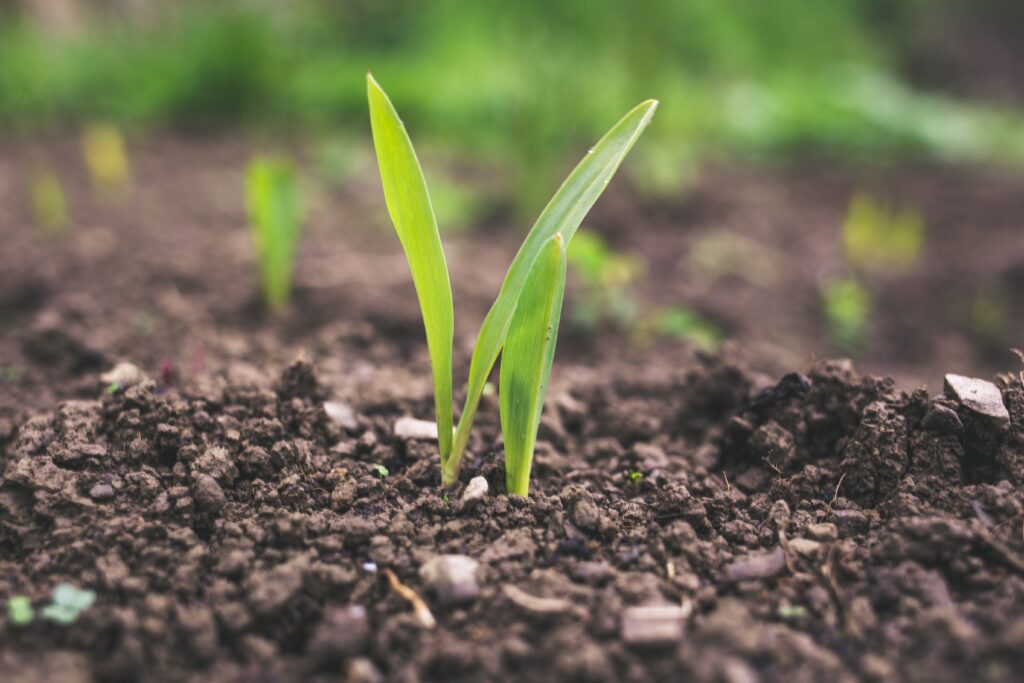
The CSR practiced by companies in the past had environmental initiatives which were completely severed from the company’s main business. For example, a large corporation might have a tree-planting project entirely unrelated to its main business; its budget would be entirely costs and it would be the first to get the axe when the company’s performance suffered.
However, as we saw with MUD Jeans in the Netherlands a moment ago, a circular economy includes mechanisms for resource circulation within the main business, allowing companies to reduce environmental impact, increase economic effects, stabilize their supply chain, manage risk, and create jobs—all at the same time.
In fact, companies with linear-type business models which rely on new procurement have sensed their peril during the coronavirus pandemic. Some of them have shown movement toward preparing for future pandemics by establishing circular structuring.
A Pandemic-born Foundation for Accepting New Values
WORK MILL:Please tell me about circular economies in a little more depth. What are the advantages for companies of incorporating circular economies?
Yasui: It depends on the field and the line of business, but the advantages for businesses include new business opportunities, waste disposal cost reductions, reduced risk for materials procurement, revitalization of the local economy, and reduction of their environmental impact.
In the Netherlands, megabanks are building new financial systems for circular economy businesses. With the support of banks and investors, circular economies will become key in the future.
European companies seem to place as much importance on reducing waste disposal costs as they do on starting up new business and making an equivalent amount of profit.
As a result, the rationality of introducing circular economies has been recognized. In Japanese companies, however, there are a surprising number of cases where information related to waste is not shared and acknowledged across the entire company, but rather only a specific department is aware of it. This is one of the reasons why there are not many systems in place to reduce the production of waste.
If they recognized the importance of reducing waste disposal costs, I think they would gain a greater understanding of the value of implementing a circular economy.
In recent memory, there were concerns about procuring materials from overseas due to the pandemic. With circular economies, creating systems to continually use resources would allow us to revitalize Japan’s domestic industries and reduce the risks related to overseas resource procurement.
On a similar note, another important aspect of circular economies is that their systems promote the adoption of renewable energies as replacements for fossil fuels.
Promotion of renewable energies can lead to national technological innovation and job creation, and it also reduces the risks surrounding fossil fuels, which are easily influenced by international affairs. In Europe, EVs are being promoted in tandem with renewable energy expansion.
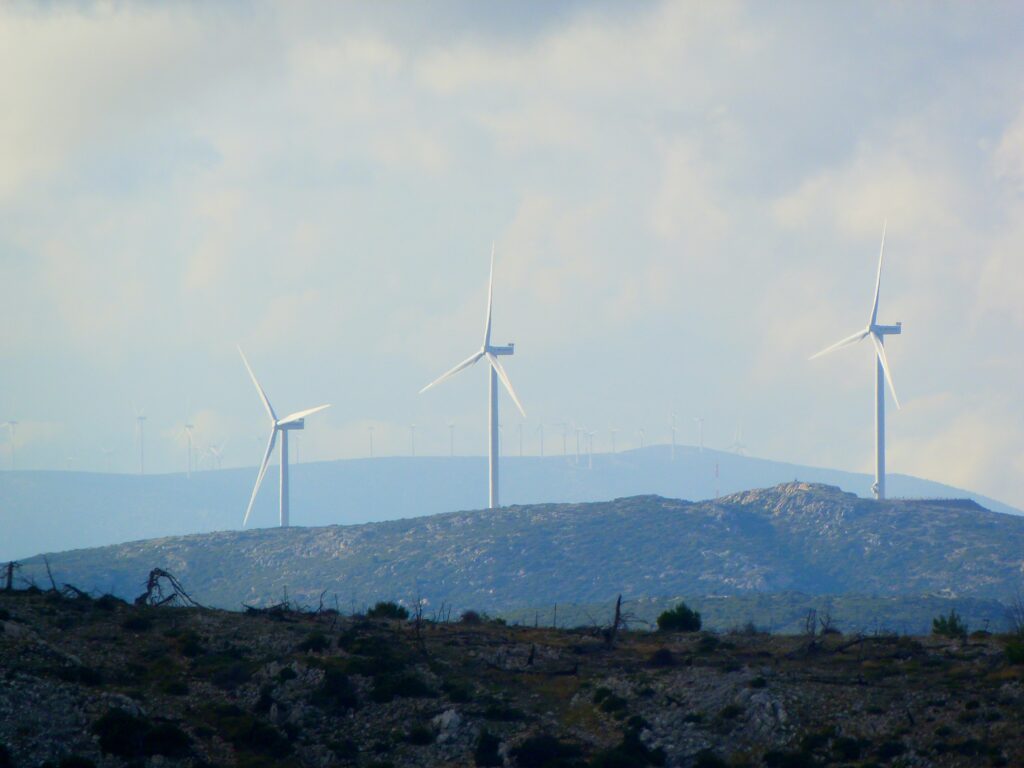
Also, personnel are seen as a valuable resource, and we are seeing a trend toward matching those who have few job opportunities, such as persons with disabilities or refugees, with industries which are lacking workers.
It seems that these people who were undervalued in Profit-obsessed linear economies are being properly valued within systems which require a balance of the Three P’s: Profit, Planet, and People.
WORK MILL:How did the coronavirus pandemic affect circular economies?
Yasui: I think that the coronavirus pandemic forced us to re-examine our society and economy, which greatly influenced the currently spread of circular economies.
Were we truly happy in a society which was entirely fixated on economic growth? Just as people around the world were asking that question, the pandemic forced us into making changes, which was a turning point for circular economies.
One example of these discussions is that economic development creates separation. For example, rather than citizens living in large families under one roof, watching one TV, and sharing one refrigerator and one washing machine, it would be more economically rational to have everyone living alone and having their own appliances in their separate households. Creating separation can promote economic development.
However, as a result the nuclearization of families, raising children becomes more difficult, more elderly people become lonely, and harmful effects arise.
The pandemic created strong barriers between people, thus allowing many to recognize the value of the bonds between people, which cannot be measured with economic rationality.
Is it okay for countries and companies to chase economic development at the cost of interpersonal bonds, people’s happiness, and the global environment? This question has forced us to re-examine the traditional systems and created a foundation for the acceptance of ideas such as circular economies and the Three P’s.
European Companies Effectively Using Materials without Waste
WORK MILL:Currently, many European companies are starting to use circular economies. Can you give me some examples?
Yasui: MUD Jeans, which I mentioned earlier, is a product which is made on the premise that it will be used for a long time. When the company was founded in 2012, the price of cotton was rising sharply. They thought that there was no future, either commercially or environmentally, for traditional models which relied on the procurement of new materials, so they established their service with the goal of eliminating the common practice of throwing away jeans.
MUD Jeans adopted a leasing system for jeans. The monthly fee is €9.95 per month for the first year and €8.95 per moth thereafter. Repairs are free (as of May 2021). If the jeans become torn or you don’t want to wear them anymore, you can return them.
The returned jeans are turned into materials and used in the manufacture of new jeans. Also, after the first year of leasing, you can buy out the jeans you were using. I’ve used mine for more than two years already.
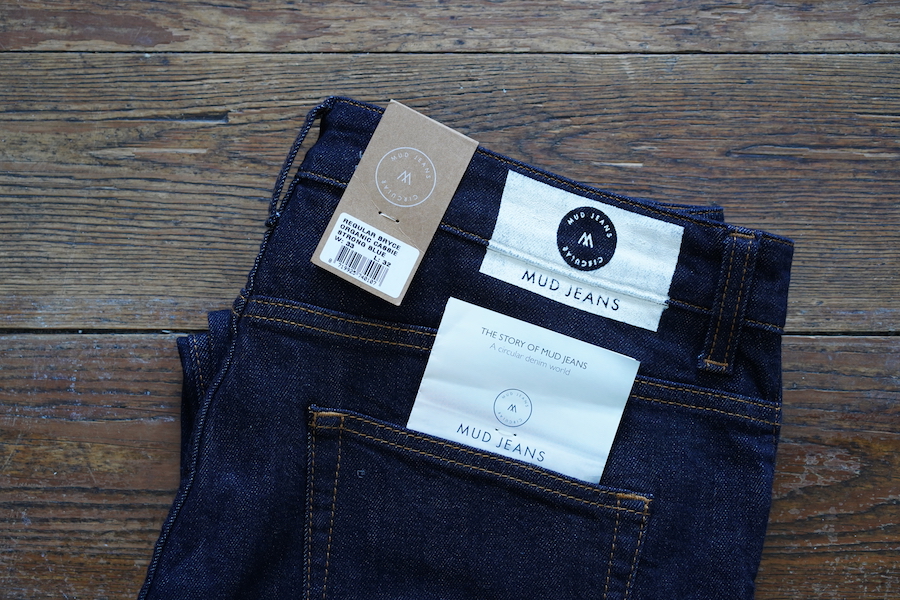
WORK MILL:Their system allows resources to be used effectively for a long time. What other types of example are there?
Yasui: Instock, which uses food waste, has been much talked about recently. Instock is a restaurant which opened in Amsterdam in 2014. It is remarkable for cooking and serving dishes using ingredients which are otherwise delicious but for various reasons have become waste.
I myself have been there many times. Once when I ordered lunch there, I had fried duck meat from a duck which had to be exterminated because it had entered Schipol Airport. It’s not often one has the opportunity to eat such special wild game.
Europe has many other environmentally conscientious companies and services.
***
This is the end of Part 1. In Part 2, we will learn in more detail about the differences between Japan and Amsterdam from the standpoint of circular economies, as well as how to encourage circular economies to take root in Japan.
Updated: July 6, 2022
Interviewed: August 2021
Images Provided By: Circular Initiatives & Partners, Akihiro Yasui, Totoya Inc., and unsplash.com
Interviewer: Dasha Inose (Okamura)
Text: Ayumu Kanasashi



